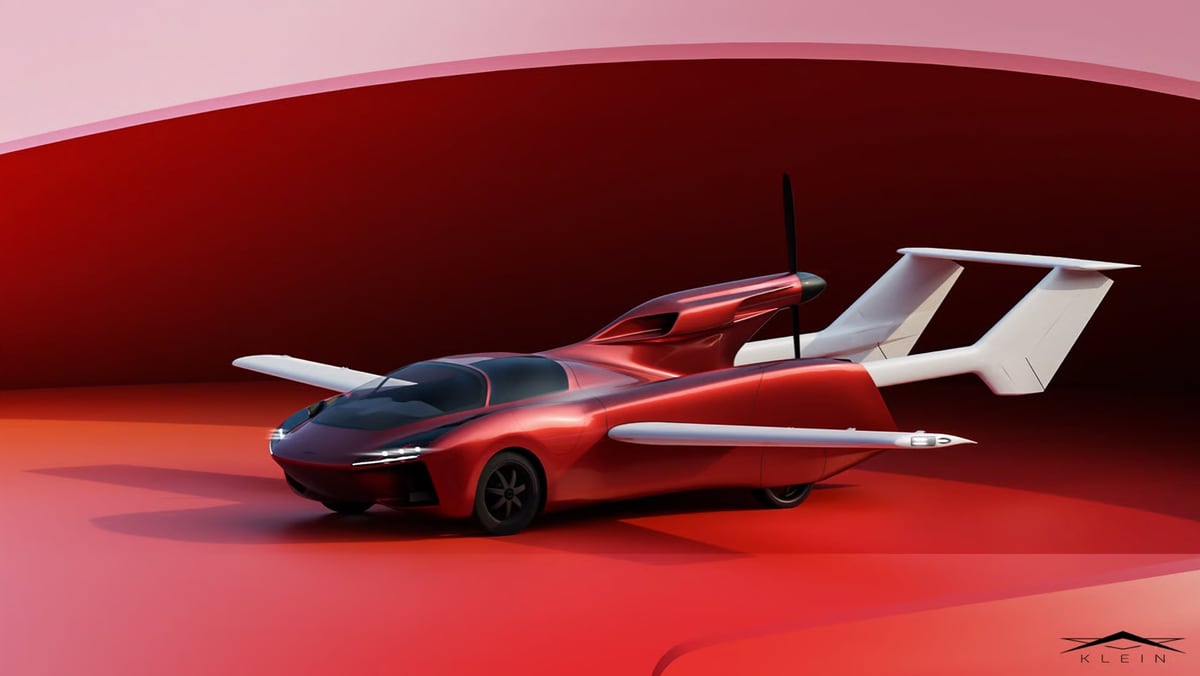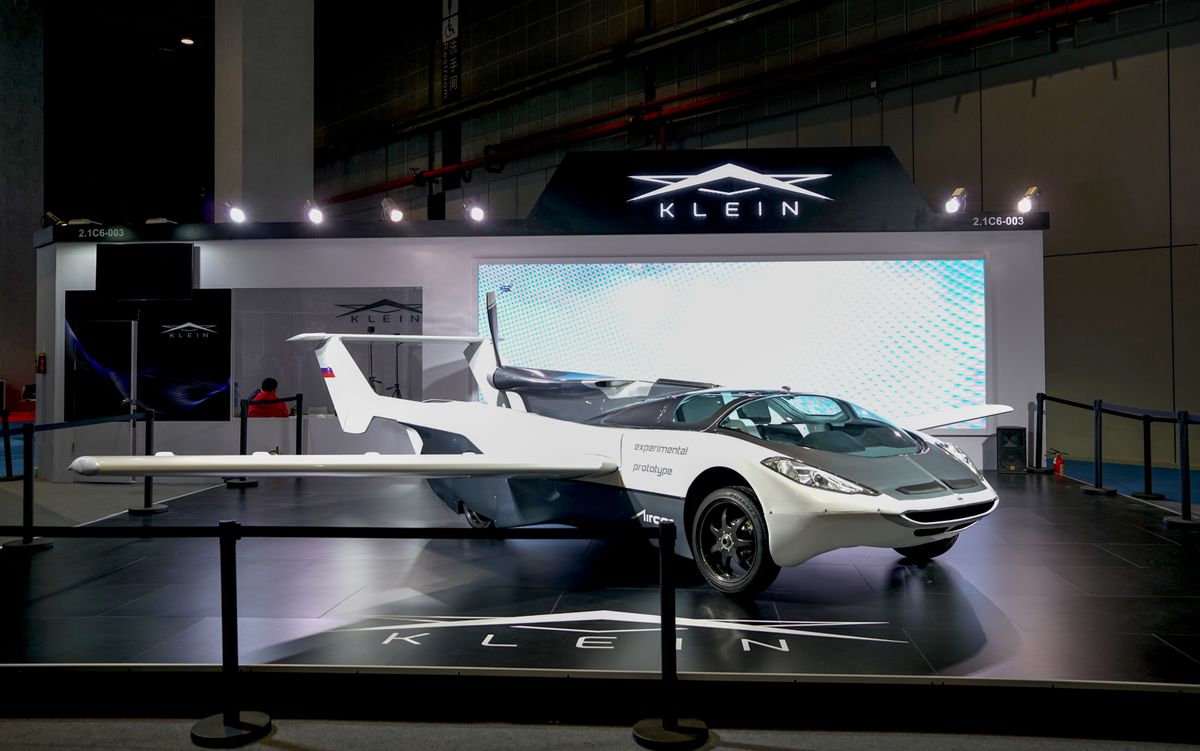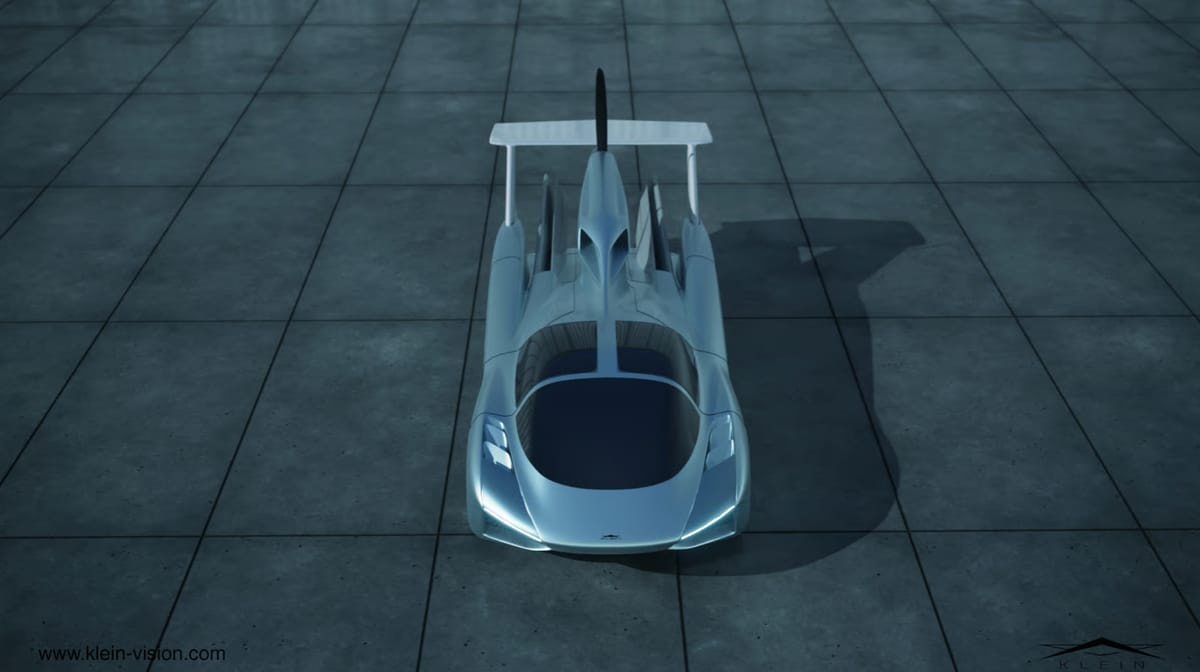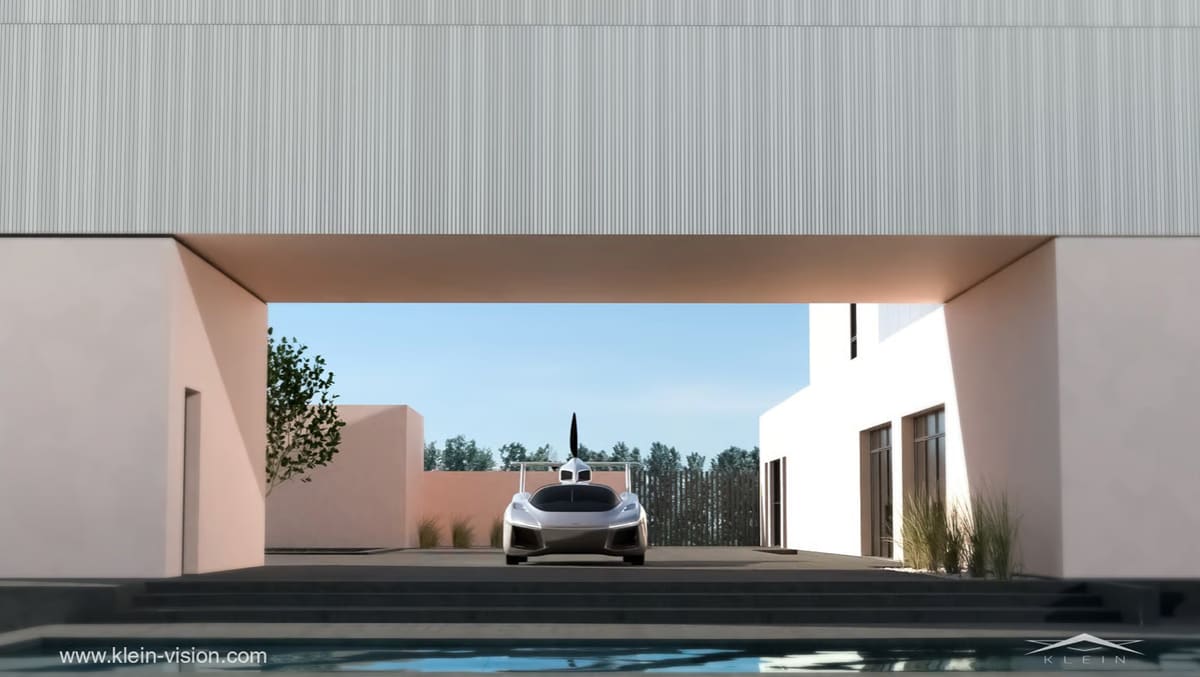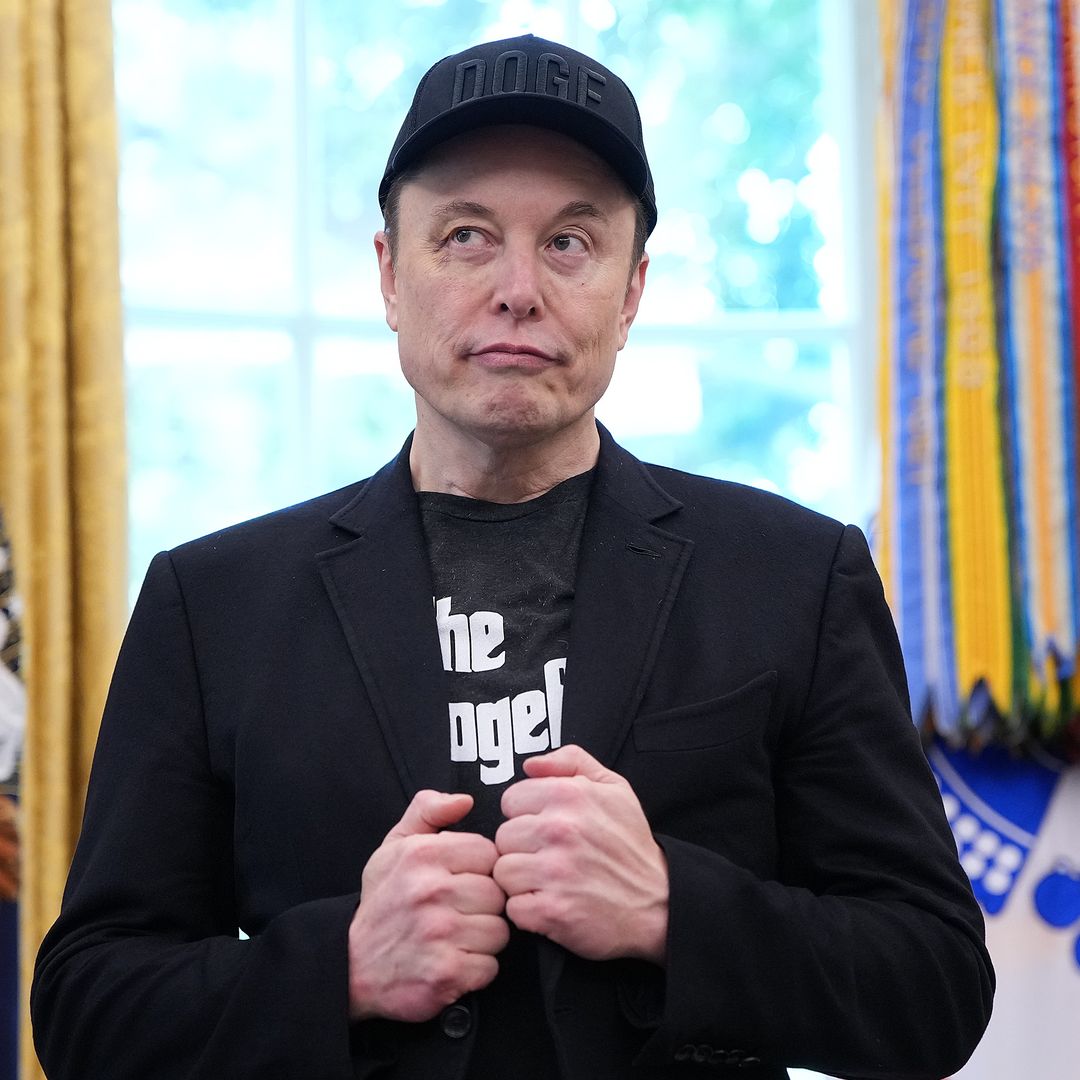Move over, Teslas, something far more futuristic is coming into the future of transportation. Klein Vision, a Slovakian aerospace company, has announced that its long-awaited flying car, the AirCar 2, has officially been certified for flight and is on track for mass production.
The vehicle, which seamlessly morphs from a sports car into a fixed-wing aircraft in just 80–90 seconds, has completed over 170 flight hours, with more than 500 takeoffs and landings, and is now ready for consumer release.
Sales are set to begin in 2026, with prices starting at $800,000 and potentially reaching $1.2 million, depending on the configuration.
The AirCar 2 looks like a sleek European coupe, but it quickly transforms into a full-fledged aircraft. The wings unfold, the tail extends, and the four-wheel drivetrain disengages from its V6 engine, connecting instead to a rear-mounted propeller.
“It’s like something out of a James Bond movie,” says co-founder Anton Zajac. “You align it toward the runway, push a button on the steering wheel, and it transforms—automatically.”
Top specs:
- Cruising speed in the air: 135 knots (155 miles per hour)
- Flight range: Up to 1,000 km (620 miles)
- Drive range: 800 km (497 miles)
- Passenger capacity: 2 adults
- Maximum altitude: 10,000 feet (can be upgraded to 18,000 ft with oxygen tanks)
- Fuel: Premium gasoline, available at standard fuel stations
Powered by a 3.2-liter V6 engine, the base model produces 280 horsepower, while a twin-turbo version will boast up to 340 horsepower. On the ground, it drives like a high-end sports car, capable of hitting 124 mph on the highway.
Unlike other flying vehicle prototypes, the AirCar has received certification and is being prepped for a major test flight of its fifth-generation prototype this September.
If successful, the vehicle could be the first commercially available flying car in over 75 years. According to Klein Vision, the company is pursuing dual certification with both the EASA (European Union Aviation Safety Agency) and the U.S. FAA, allowing for eventual global expansion.

